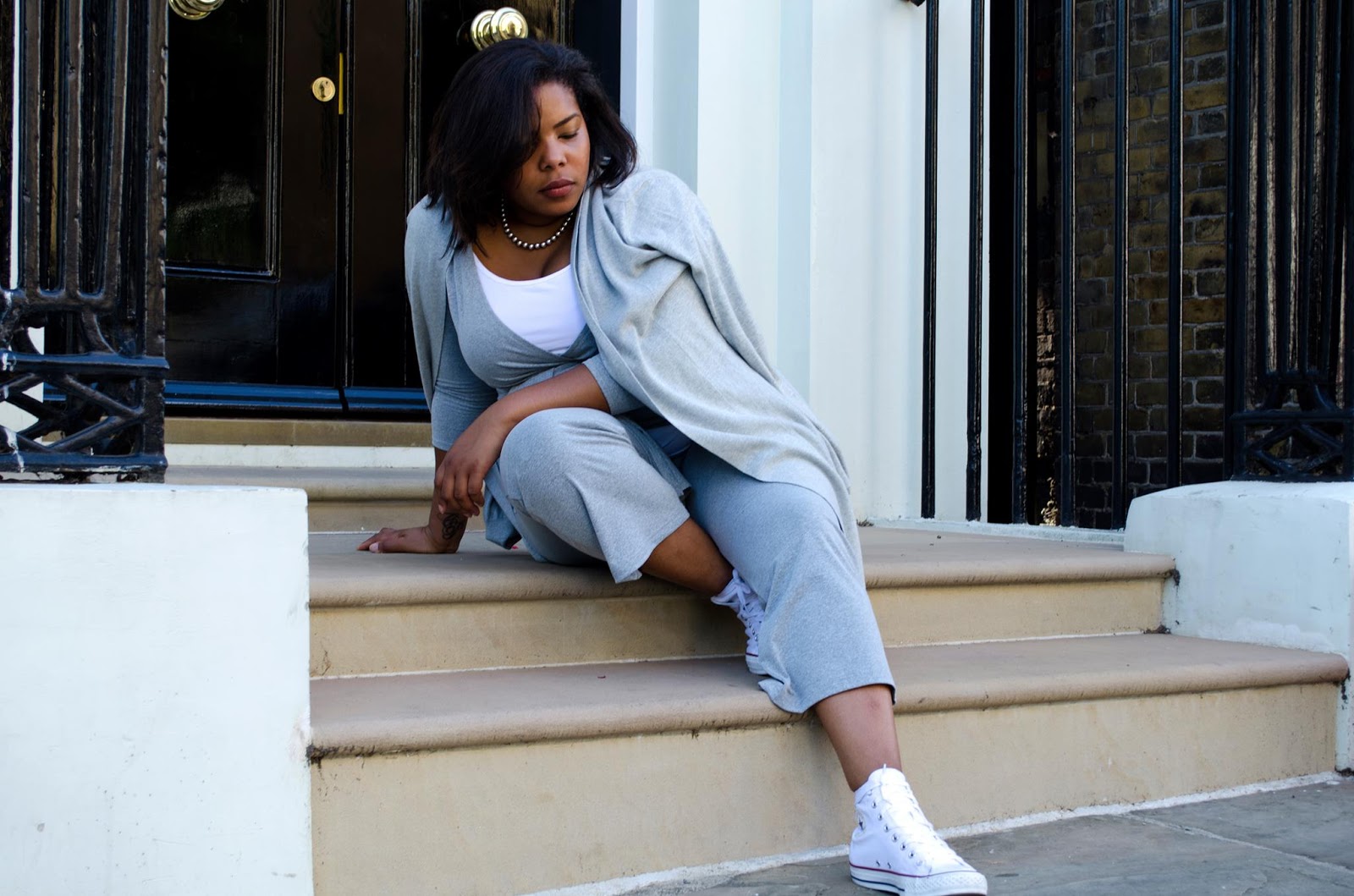
Plus size fashion: social media and its impact – an interview with Chloe Pierre
Savannah Small-Swaby
27 Mar 2016
Chloe Pierre, a fashion enthusiast from London, became a big name in the plus size industry when her blog, www.chloepierre.com, gained award-nominated status and recognition at the Plus Size Fashion Awards. Pierre credits a lot of her success, and the success of the plus size industry itself, to the rapid and self-serving pace of social media.
In a conversation with gal-dem, Pierre admits to us that “for many many years I wasn’t even aware of the plus size community, nor that it was growing, especially here in the UK… When I did finally stumble across the industry, it was thanks to bloggers who I continue to support now, like Gabifresh, Kellie of ‘AndIGetDressed‘ and of course Nadia Aboulhosn, as well as social media platforms like Instagram, Twitter and Facebook. It really is a marvellous industry, still relatively untouched by the mainstream fashion world – which is both a pro and a con.”
Thanks to social media, consumers are now allowed to pick what they feel is right for them. We can pin, like and retweet anything that we feel resembles and “reflects” who we are and because of this, we realise that we don’t need to take what’s shown to us at face value, in fact we can search for who we really want to see and make our own decisions.
Still, in the plus/curve industry the reality is still not being portrayed as effectively as it could and should be. It seems as though in the UK plus size fashion could become hugely successful, but we need to stop being so afraid. We ought to embrace the fact that not only is this a great opportunity for men and women, but financially it’s probably one of the most profitable parts of the industry to be involved in. As Chloe Pierre tells us, “my response is ‘GIVE US A CHANCE’! Get behind us, back us a little and make a real difference – then you can honestly use the terms ‘pioneering’ and ‘ground-breaking’.”
When browsing through Chloe’s blog, it’s evident that there’s a lot going on in the plus/curve industry thanks to those working hard within it. For Chloe, not only was this the community where her blog was nominated, but also it’s a place that makes her feel accepted. “You feel so much energy bouncing off the walls and it’s a place for body insecurities to literally vanish. To me, there is nothing wrong with that! It’s a shame people think of it as another way to segregate plus size women and people from the fashion industry”.
If it wasn’t for these type of opportunities, then Pierre and other plus size names and brands such as Curvissa (for whom she did an Instagram take over on the PSFA night) wouldn’t have been able to come together. Although the plus/curve industry has allowed Chloe to delve deep into an area of the industry that has brought her much success, she’s still aware of the drawbacks that the fashion industry is keeping in place.
“Honestly I think the lack of people of colour in fashion in general is just backwards and a little disrespectful… I am generally referring to the UK representation of WoC and unfortunately as well as it being so predictable; the main culprits are the bigger fashion retailers and giants. Before, the excuse was products ‘wouldn’t sell as well’ but I think it’s very clear now that that simply isn’t true, we sell very well & also sell very well to people who look, represent and identify as us. We also sell well to people outside of our own race to… You just need to read up on an article labelled ‘cultural misappropriation’ to educate yourself on how and why.”
Chloe’s passion, not only for the curve/plus industry but also for a truer representation, spoke volumes and her aggravation was evident. We live in a society that only appears to care about any injustice once we can solidly claim that we’ve been through it. Anything less than that – particularly in fashion – easily gets looked the other way. Race and weight in fashion are two of the most prevalent issues and ones that have been a problem since the beginning. An industry that so many of us love but is constantly telling us what is beautiful aesthetically is allowing women to lose the necessary confidence that is needed from within to embrace the industry whole-heartedly.









